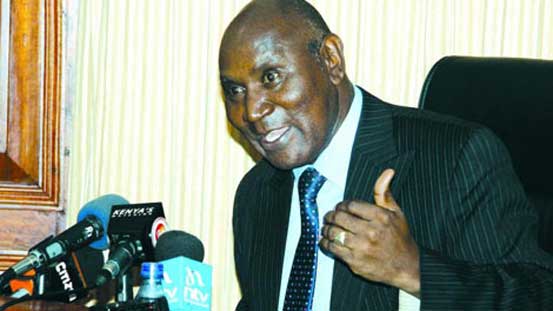
NAIROBI, KENYA: Advanced electronic waste recycling company, Enviroserve East Africa, has lauded the office of the Auditor General for highlighting grave risk that improper disposal of electricity bulbs is posing to the health of unsuspecting Kenyans.
While commenting on Kenya Power’s successful efficient lighting project, the Auditor General’s office had advised the electricity distributor to consider end management for bulbs to lower mercury and lead poisoning. Kenya Power is expected to launch an expanded phase of the efficient lighting project involving energy saving bulbs.